Cultivating Curiosity
How our desire to learn and grow fuels our work at ASG
At ASG, we have an enduring desire to learn and grow. That’s why curiosity is one of our core values.
“We want our employees to be curious,” said Onna Koeneman, quality risk manager. “It benefits our employees by sparking creative thinking, and it’s fundamental to the work we do in the medical device industry.”
So how do ASG employees practice curiosity in their work? I talked to six ASG team members, both novice and veteran, to find out, and discovered it’s different for everyone. Here’s a snapshot of how we cultivate curiosity at ASG.
What sparks our curiosity
“Curiosity isn’t limited to one thing. You can wander down an infinite number of rabbit holes to find that next thing to spark your curiosity. One day I could be curious about how or why certain computer parts fail and the next I might be curious as to the details of a new piece of internet drama.”—Javier Delgado, Process Mechanical Engineer
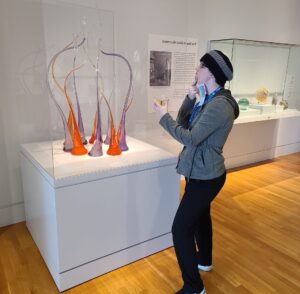
“It’s probably easier to list the things I’m not curious about. Usually a need or requirement is a good source of curiosity. My current curiosity caches are chemistry (thank you ASG for sponsoring my American Chemical Society Convention meeting ticket!), toxicology and materials science, plants, sewing, 3D rendering, nail polish, and techno music.”—Cassidy Creemer, Polymer Scientist
“My curiosity is primarily driven by an innate desire to simplify and understand complex problems. It’s like a puzzle to me, the more interconnecting parts and testing that is required, the more I’ll enjoy the process. Some of my most favorite and complex projects have revolved around studying and creating nano sized medical devices to improve the lives of those suffering from neural maladies.”—Tom Stegall, Materials and Test Engineer and Biomedical Engineer

“All the unknowns. Knowing that there’ll be more unknowns once I figure out some unknown.”—Clare Gao, Electric Engineer
“Each day is a new chance to contribute towards an end goal that makes a difference, which gives me a desire to learn more and be curious about the medical device field. I’m curious to see the role that new technology is going to play in this field in the next few years. I believe medical devices will have the capacity to address more health issues, and development times and error handling for those devices will decrease, thanks to better analytical tools.”—Benjamin Hallett, Test Engineer
How we take our curiosity to the next level
“Generally, an internet deep dive is my first go-to. I’ll look into literature, how-to’s and instructions, classes or I’ll just note my discoveries somewhere and move on to the next question. Even if the curiosity is sated, the skills I develop stick around and sometimes get employed in creative ways I wouldn’t have thought about had I not been curious in the first place.”—Cassidy Creemer
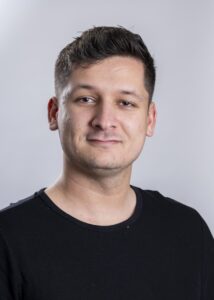
“The first part of understanding something is breaking it down to its most basic elements, then you can start outlining connections like one of those evidence boards you see in every detective show. Once you have all of that in place, you can start to play around with how theoretically changing components of the problem will affect other components or the material as a whole. It’s a challenging yet satisfying puzzle.”—Tom Stegall
“Whenever I get curious about something, I almost always end up on a deep YouTube dive. Sometimes I’ll tell myself I’m just going to watch one video to get my answer, but then I keep watching videos and end up finding way more information than I ever intended.”—Payton Nickoli, Technical Program Engineer
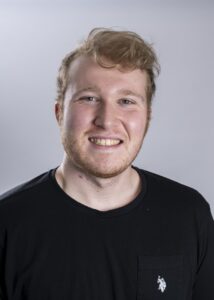
“I try to look at something from the ground up so I can understand why something acts or functions the way that it does. This way, I can understand future iterations, as well as brainstorm ways to improve areas that need assistance.”—Benjamin Hallett
How we put curiosity to work
“When I find details that stick out or seem odd, my mind begins to come up with questions concerning why specific pieces of information stick out. In the rare cases where my questions can’t be answered, then I try to connect details to make the best possible inferences, keeping the team moving forward without disregarding the information.”—Javier Delgado
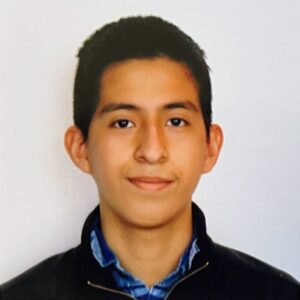
“I see each challenge as an opportunity to grow instead of a potential failure.”—Clare Gao
“Curiosity and a positive attitude are the keys to finding fulfilling work and making the day to day less monotonous. I try my best to spark interesting conversations, suggest theoretical solutions to problems and sometimes to play devil’s advocate so we think outside the box. I hope to spark a similar curiosity in my peers on the subjects they’re passionate about, or at the very least to be an active listener who greatly enjoys discussing their passions at length.”—Tom Stegall
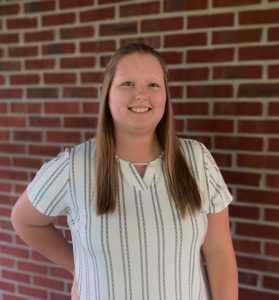
“As a still fairly new engineer, I’ve tried to learn as much as I can, get my hands on anything that has come my way and constantly ask questions.”—Payton Nickoli
“I chose to work at ASG because I wanted to learn more about materials, regulatory and good manufacturing practice, even though I didn’t have much experience in those areas. ASG has obliged by mentoring me and empowering me to take on new projects.”—Cassidy Creemer
“There is always a question of if something can be improved upon, and if so, how that is possible. Curiosity does not seem limited even after a device is ‘completed.’ No matter what project or life cycle stage I’m working in, curiosity naturally seems to come into my work and I encourage myself to keep being curious even when I’m tired or feel stagnant.”—Benjamin Hallett
Learn more about ASG values and the work we do.





